
BRI of China loses credibility in Bangladesh, Pakistan and Sri Lanka
With Prime Minister of Bangladesh Sheikh Hasina expressing reservations about Chinese loans, the Belt and Road Initiative of China has suffered a setback in Bangladesh.
In an interview with CNN on March 21, 2023, Sheikh Hasina said her government was “very much careful” about issues of development partnership with China.
Observers believe the negative experiences of Sri Lanka and Pakistan with BRI projects weighed heavily in her mind when the Bangladesh Prime Minister made the observation. China’s gaining control of the Hambantota Port in Sri Lanka under 99-year lease and a foreign exchange crisis leading to a meltdown of the Lankan economy have dramatically exposed the dangerous side of assistance under BRI. People of Pakistan are also deeply unhappy that China is exploiting the natural resources of Pakistan in the name of BRI.
On July 22, 2022, Foreign Minister of Bangladesh A.H.M. Mustafa Kamal, too, urged developing nations to rethink their decision to accept more loans under BRI.
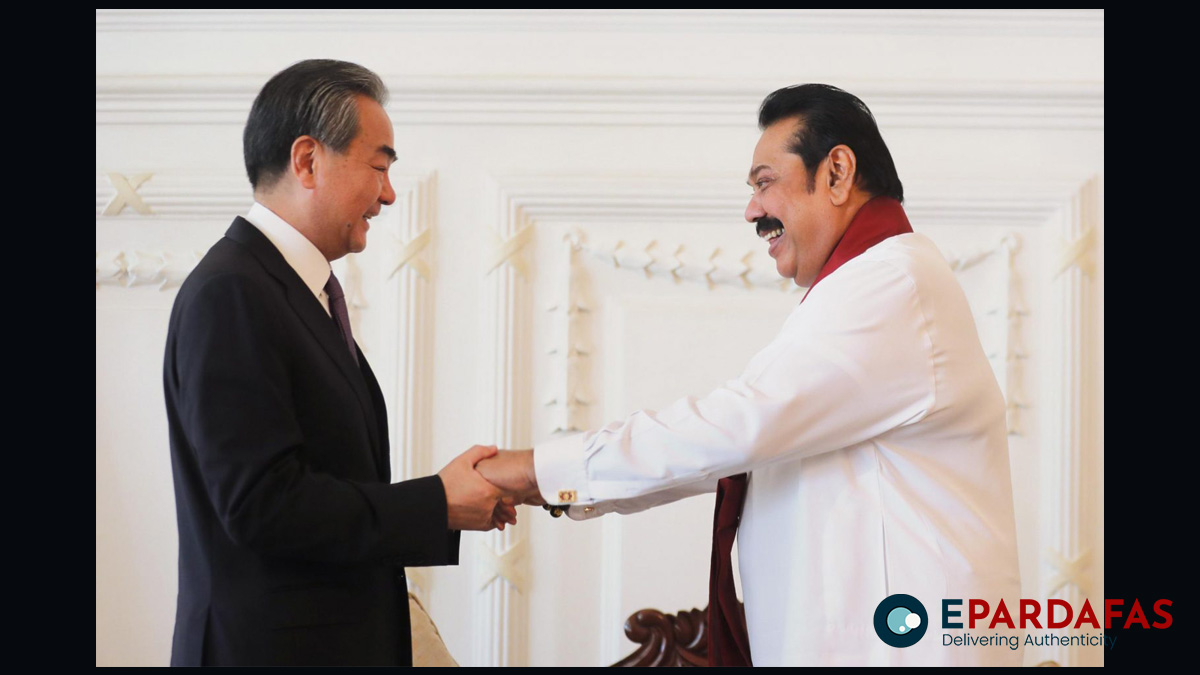
A report from Dhaka titled ‘Bangladesh reassesses its BRI strategy as the US offers a new alternative’ says the initial enthusiasm in Bangladesh about BRI projects seems to have vanished. In 2016, China proposed to invest about $40 billion in infrastructure assistance and joint sector projects and another $20 billion in loans to development projects. By 2022, however, Dhaka started facing the problem of mounting foreign debt, owing about $4 billion to Beijing. In July 2022 Bangladesh had to request a bailout package of $4.5 million from the International Monetary Fund as the depleting foreign exchange reserves were making it difficult to import essentials.
To mitigate the crisis, Bangladesh has already cancelled or postponed several infrastructure projects under BRI, including highway projects. The damaging impact of BRI projects to the environment of Bangladesh has also turned out to be a major cause of concern. The construction of 15 coal fired power stations under BRI has been described as a “carbon catastrophe.” Local opposition to land acquisition for various BRI projects has led to the death of 12 people in various incidents since 2016. As a result, Bangladesh abandoned in 2021 plans for 10 coal fired power stations and requested China to replace five projects, including three energy projects.
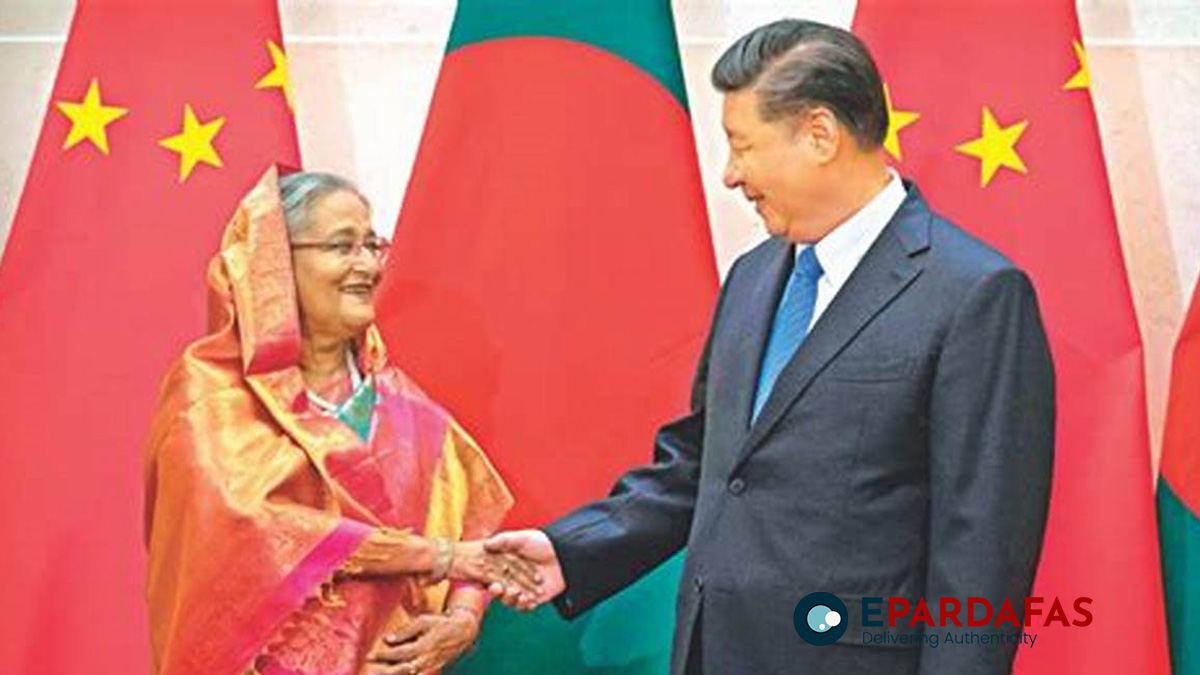
The Bangladesh – China – India – Myanmar Economic Corridor project was cancelled because of the refusal of India to accept it. The Chinese plan for Sonadia deep seaport did not get the approval of Dhaka which saw through the game plan of Beijing of encircling India.
Meanwhile, the situation is becoming alarming for Chinese citizens in Pakistan. On February 15, 2023, the Consular Department of the Chinese Ministry of Foreign Affairs issued a warning to Chinese citizens regarding the precarious security situation in Pakistan. Chinese nationals were advised to exercise utmost caution while in Pakistan as they could face significant security threats.
According to reports, BRI projects in Pakistan have run into difficulties in the Balochistan and Sindh provinces in particular. The city of Karachi is located in the Sind province while the port of Gwadar which China has set up as a part of its string of pearls conspiracy to encircle India is situated in the restive province of Balochistan.
Ethnic Baloch and Sind groups have lately launched a series of targeted attacks on Chinese citizens in Karachi and in the restive south-western province of Balochistan.
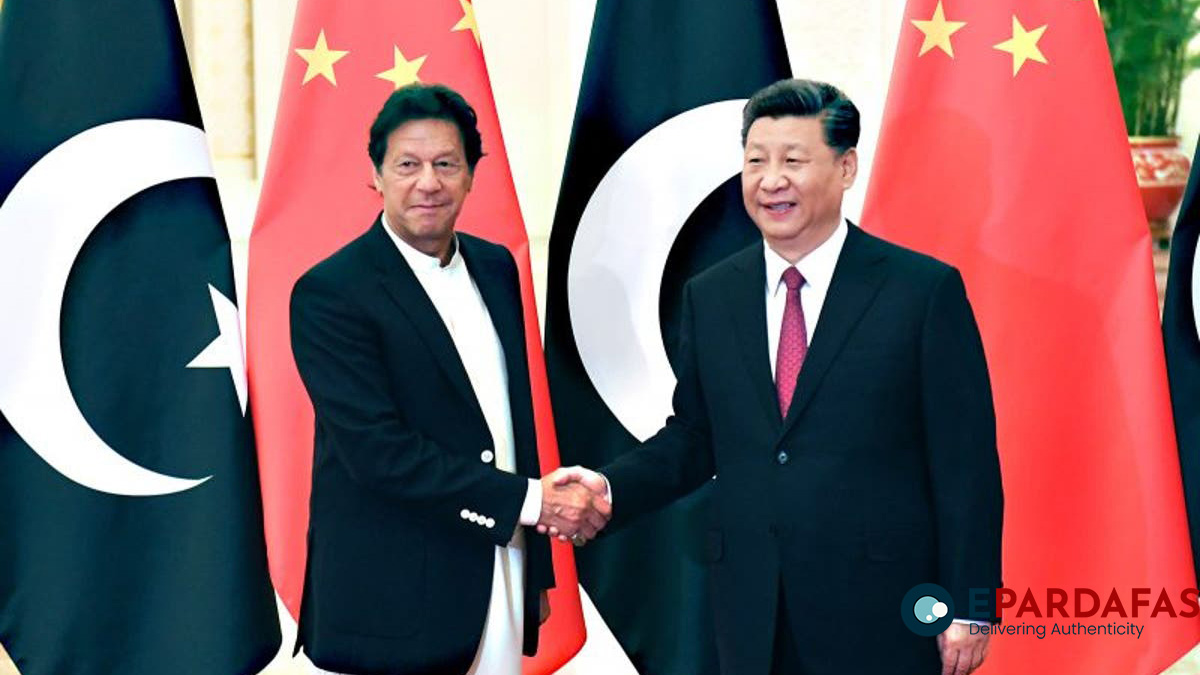
They say China is engaged in large-scale resource extraction and exploitation in the provinces of Sind and Balochistan. The Sindhudesh People’s Army which was behind shooting dead a Chinese dentist and injuring two others in Karachi in September 2022 has said in a Press release: “We warn China to stop its exploitative projects on our homeland and leave immediately.” In Karachi, there were also the attack on the Chinese consulate in Karachi in 2018 and the suicide attack on Confucius Institute, and a number of other low-scale attacks.Baloch militant groups have begun targeting Chinese workers and contractors and destroying public property to oppose Chinese investments in Pakistan. One recent incident was the derailment of a passenger train in the Bolan district of Balochistan on January 20, 2023, said to be done by the Balochistan Liberation Army, injuring around 18 people. “People of Balochistan are resisting China because the Chinese authorities and the Chinese government have become partners of the Pakistani state, the Pakistani military and the Pakistani government in looting Baloch resources.
For the Baloch people, since day one, the China Pakistan Economic Corridor has been a disaster,” senior activist of Baloch Nationalist Movement Hakeem Baloch has been quoted in a report from Pakistan.The heavy investments by China as part of the CPEC under its BRI overwhelmingly benefit China only, leaving Pakistan, and especially Balochistan and Khyber Pakhtunkhwa, high and dry. Operations by the Pakistan army to secure the CPEC projects have led to mass displacement of the local population in the Gwadar region.
Restrictions have been placed on the local fishermen because of the construction of the Gwadar Port.
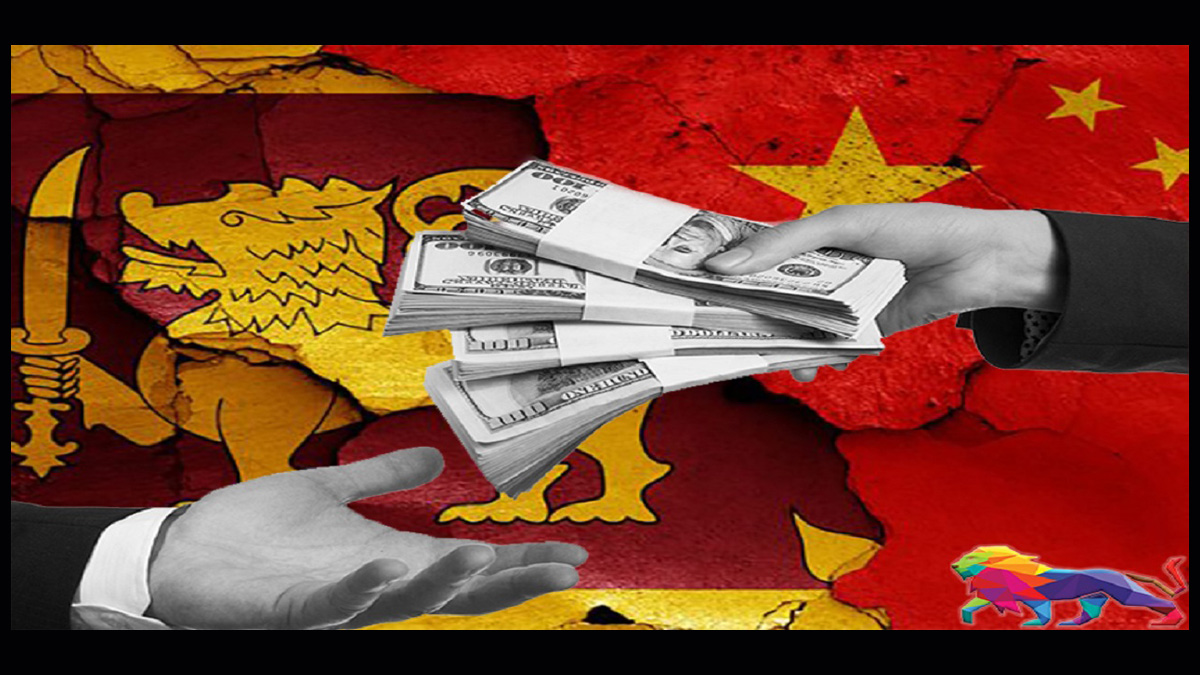
To salvage the situation, China has been trying to woo ethnic Baloch parliamentarians, hosting dinners, bypassing the Pakistani authorities; also raising donations for flood victims in Balochistan and arranging more scholarships for Baloch students.
But these attempts to win over the Baloch people have not succeeded. Human rights activists in Balochistan claim these are only eyewash by the Chinese authorities.
Information Secretary of Independent Human Rights Council of Balochistan Abdullah Abbas has been quoted as saying that under Chinese pressure Baloch activist Rashid Hussain had been held incommunicado for seven months in the United Arab Emirates and later deported to Pakistan.
“We have substantial evidence Beijing pushes the Gulf states to hand over to Pakistan Baloch activists it considers are opposing Chinese investments,” Abbas has been quoted as saying.
Besides militant attacks, delayed payments have also derailed many BRI projects. About 25 Chinese companies under the flagship CPEC project have recently given notice that they will be forced to shut down if dues worth 300 billion in Pakistani rupee were not paid up-front. Projects like Mainline-I railway, the Karachi Circular Railway and the Azad Pattan hydropower have been delayed. In March 2022, a Chinese power company wrote to the Energy Ministry of Pakistan that if unpaid dues of 12.35 billion in Pakistani rupee were not cleared, it would be a default under the agreement with China Development Bank, the lender.
The BRI projects, with their high interest rates and stiff terms of repayment, have already landed Pakistan in an economic crisis. Islamabad is grappling with high external debt. On March 20, 2023, Pakistan was left with foreign exchange reserves barely enough to meet imports for one month. Islamabad is now dependent on a $6.5 billion bailout package from the International Monetary Fund to avoid defaulting on external debt obligations.After its tryst with BRI projects, Sri Lanka landed in a deep foreign exchange shortage two years ago; leading to a catastrophic economic and humanitarian crisis. Now the IMF has approved a bailout package of $3 billion to pull Colombo out of the pit. By the end of June 2022, Sri Lanka owed $40 billion to bilateral, multilateral and commercial loans. Chinese loans amounted to 20 percent of the total debt owed and 43 percent of the bilateral loans.
To be eligible for the IMF assistance, the Sri Lankan government had to assure all creditors of equal treatment and equitable burden sharing of all restructured debt.
Beijing is in the habit of bullying its debtor countries that Chinese creditors must be given preferential treatment and their dues must be cleared first; leading to discontent, in particular among creditors in the private sector.
To extend assistance to a debt-ridden country, the IMF requires all the creditors to agree to restructure their debts. China, Colombo’s largest creditor, had dragged its feet over debt restructuring for a long time; delaying the IMF bailout package. Finally, in January 2023, the Export-Import Bank of China agreed to a moratorium of two years on the repayment of debts by Sri Lanka. China’s commitment on debt restructuring was tongue-in-cheek, however, unlike a clear assurance that India had offered on debt relief to Sri Lanka. According to reports, private creditors were in uncertainty if China’s offer would be acceptable to the IMF at all.
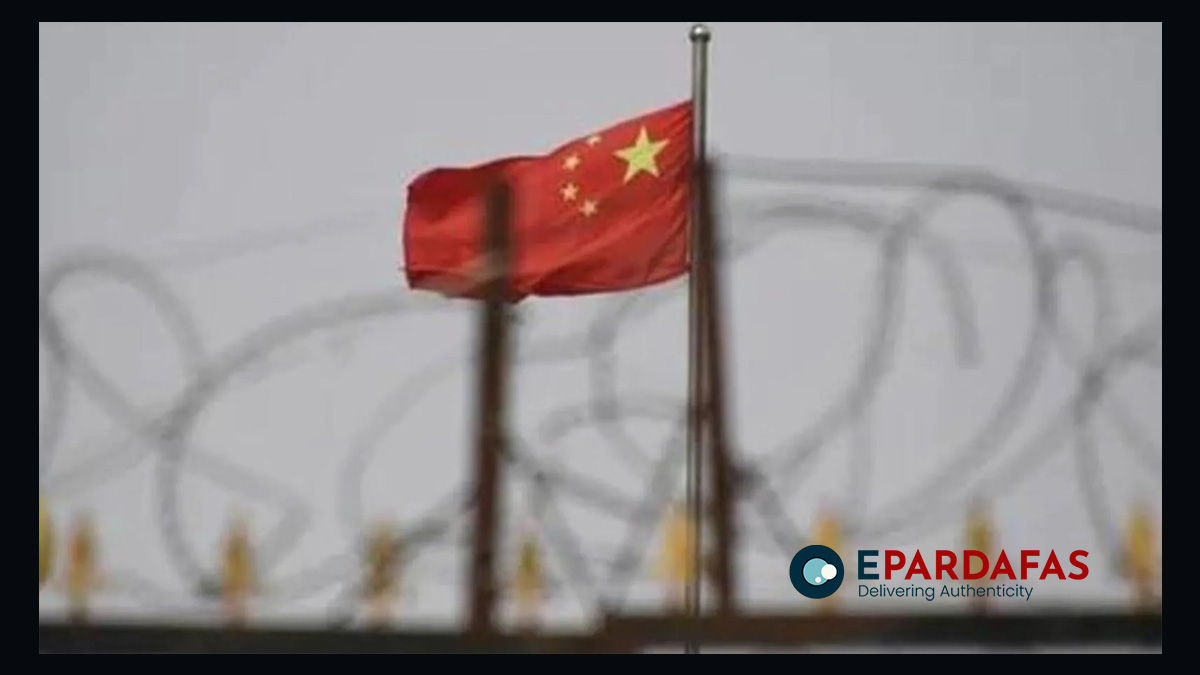







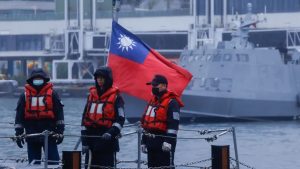






Comments